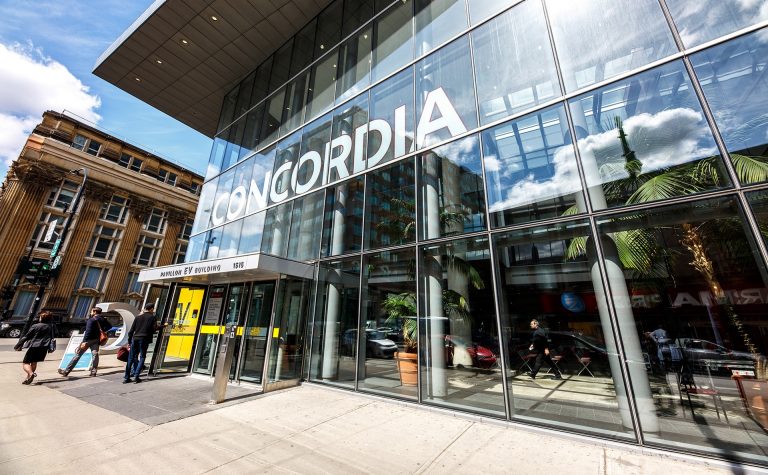The MA program in History at Concordia University is designed to provide students with advanced knowledge, research skills, and critical analysis in the field of history. The program offers a range of courses covering various historical periods, regions, and themes, allowing students to specialize in their areas of interest.
Here is a general outline of the program's curriculum:
Core Courses: The MA program typically includes a set of core courses that provide a foundation in historical research methods, theories, and historiography. These courses may cover topics such as historical research methods, historical writing and analysis, historical theory, and approaches to studying history.
Elective Courses: Students have the opportunity to choose elective courses based on their specific interests and research focus. These courses may cover various areas within history, such as social history, political history, cultural history, intellectual history, gender history, global history, and more. Students can tailor their course selection to their particular areas of interest or specialization.
Research Seminars: The program may include research seminars where students engage in in-depth discussions, critical analysis of primary and secondary sources, and research presentations. These seminars provide opportunities for students to develop advanced research skills and engage with faculty and peers in the field.
Thesis or Research Project: As a culmination of their studies, students are typically required to complete a thesis or research project. This involves conducting original research on a specific historical topic of their choice, under the guidance of a faculty supervisor. The thesis or research project demonstrates the student's ability to undertake independent research, analyze primary and secondary sources, and contribute to the existing scholarship in the field.
In addition to coursework and research, students may have opportunities to participate in conferences, workshops, or other academic events related to history. These experiences provide networking opportunities and allow students to present their research to a broader audience.
Show less 



